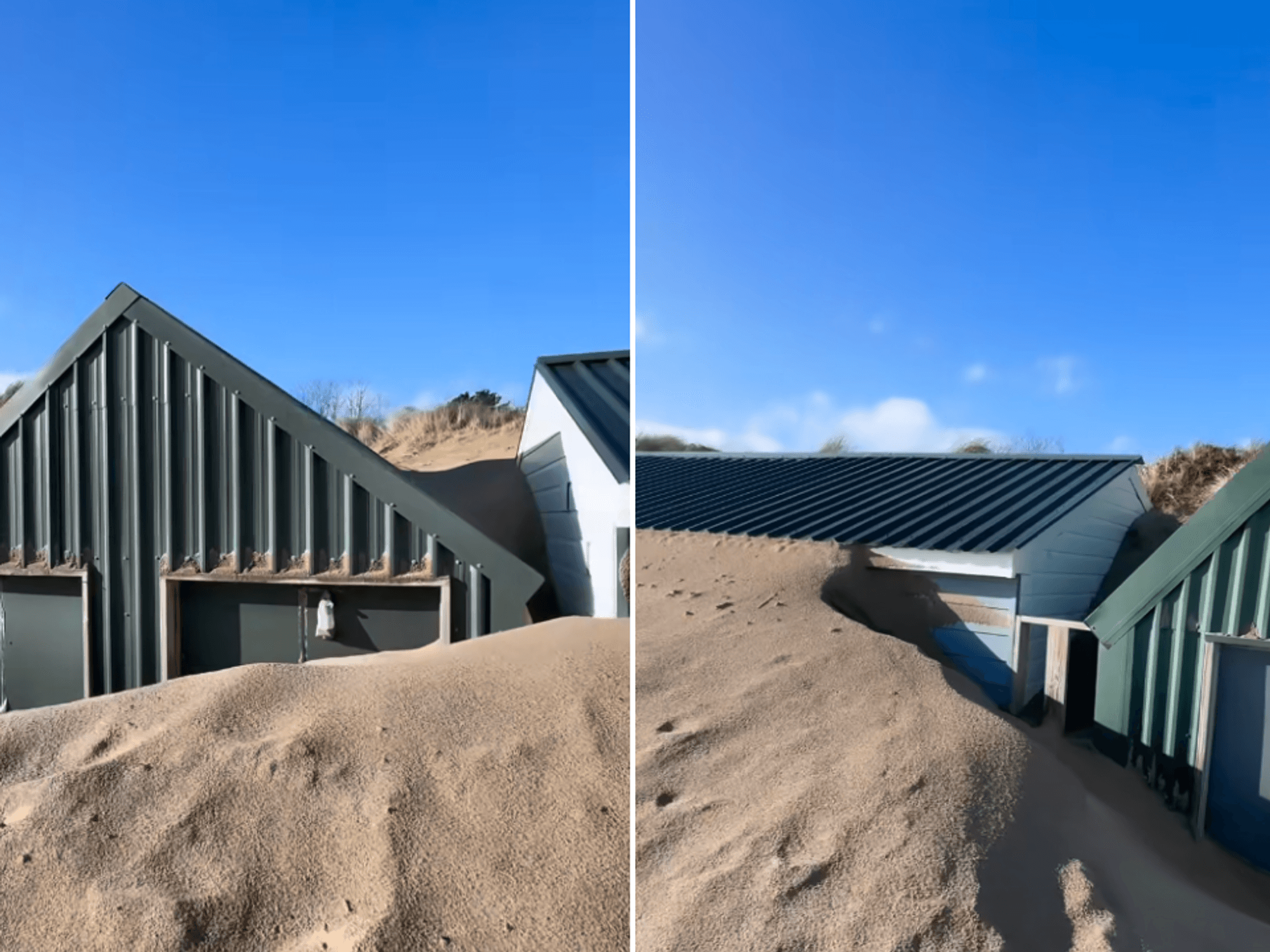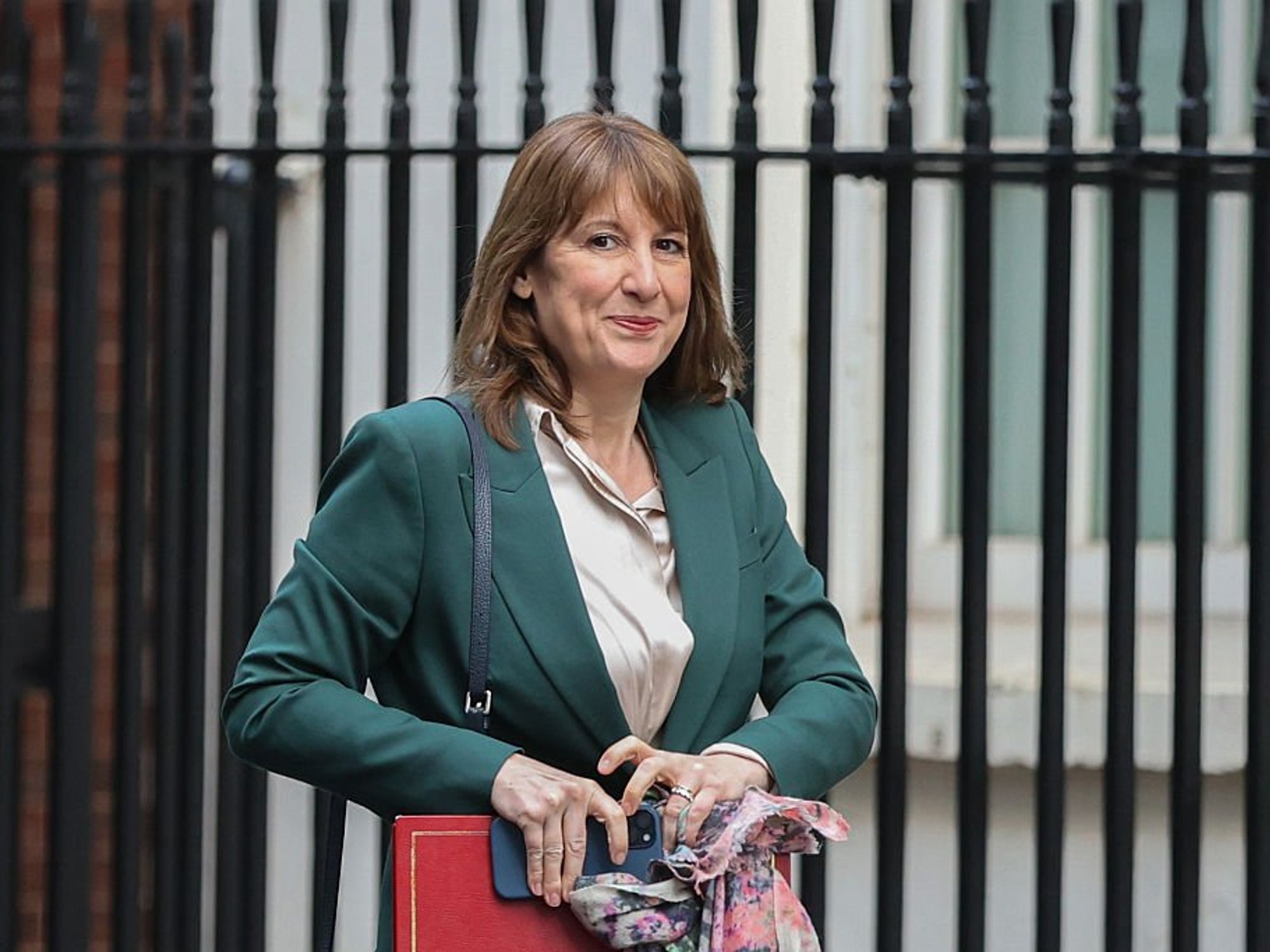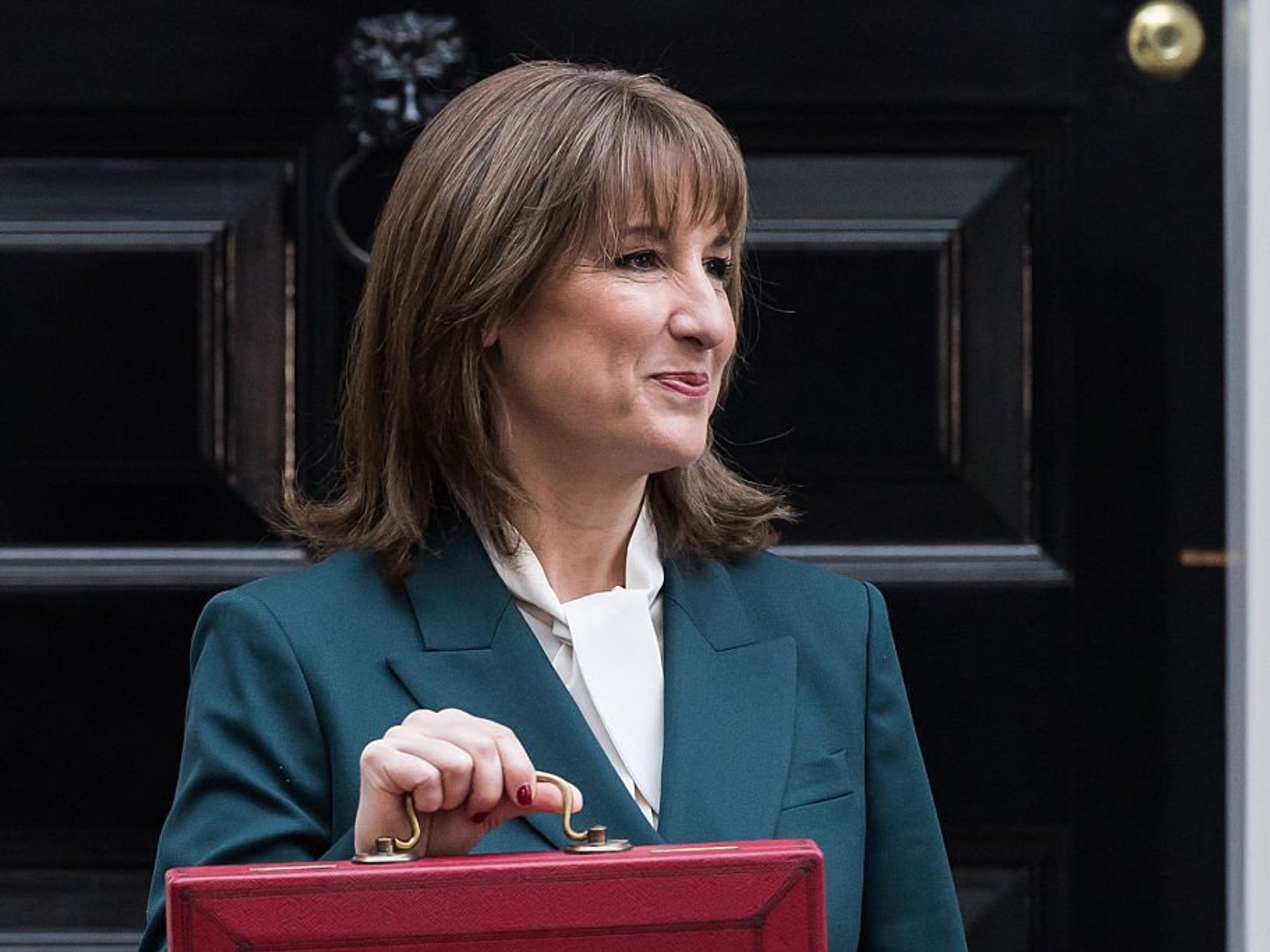Elon Musk braces for European Union battle as Tesla faces huge tariffs in crackdown on Chinese EVs
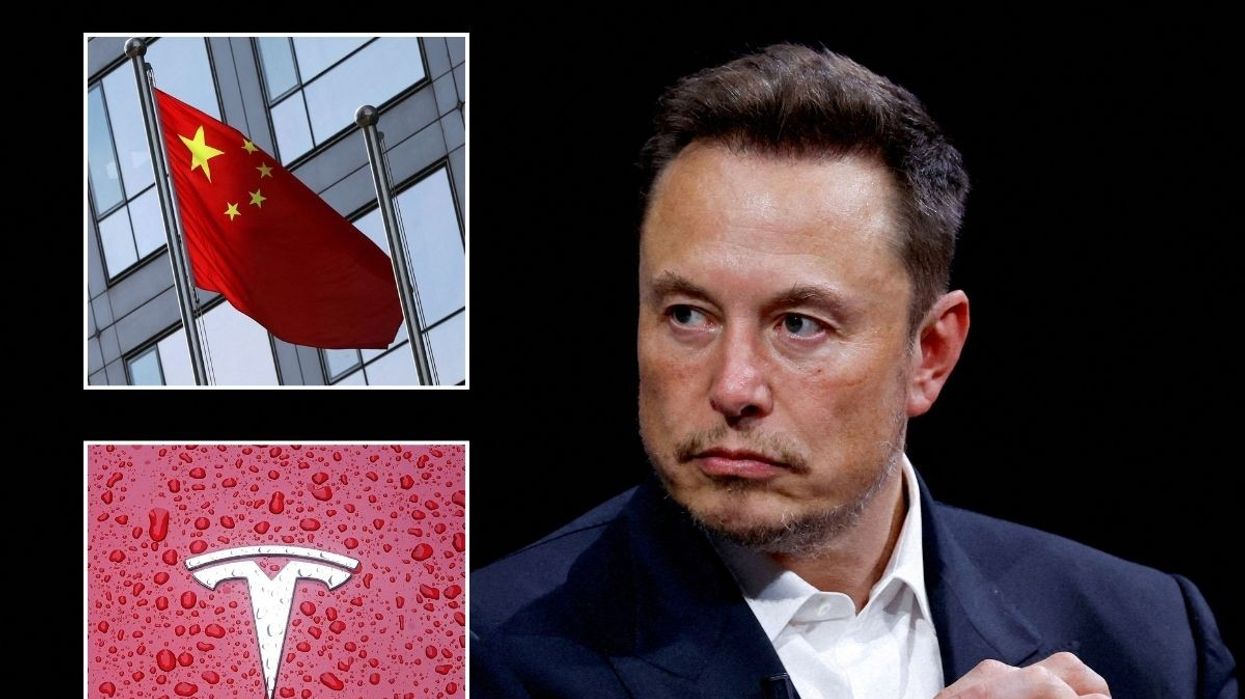
Elon Musk's Tesla faces hefty EV tariffs from China
|REUTERS

Tesla will face a tariff of nine per cent from the European Union
Don't Miss
Most Read
The European Commission has unveiled sweeping new tariffs on Chinese producers of electric vehicles in a bid to protect legacy manufacturers from being undercut by cheap prices, with Tesla also facing charges.
The draft decision is part of the European Commission's anti-subsidy investigation into electric vehicle manufacturers from China which are rapidly expanding into Europe and North America.
The "intermediate procedural step" has resulted in minor adjustments to some of the proposed duty hikes based on further measures taken since the original announcement in July.
It will see tariffs on major car brands including BYD (17 per cent), Geely (19.3 per cent), SAIC (36.3 per cent), other cooperating companies (21.3 per cent) and all other non-cooperating companies (36.3 per cent).
Do you have a story you'd like to share? Get in touch by emailing motoring@gbnews.uk
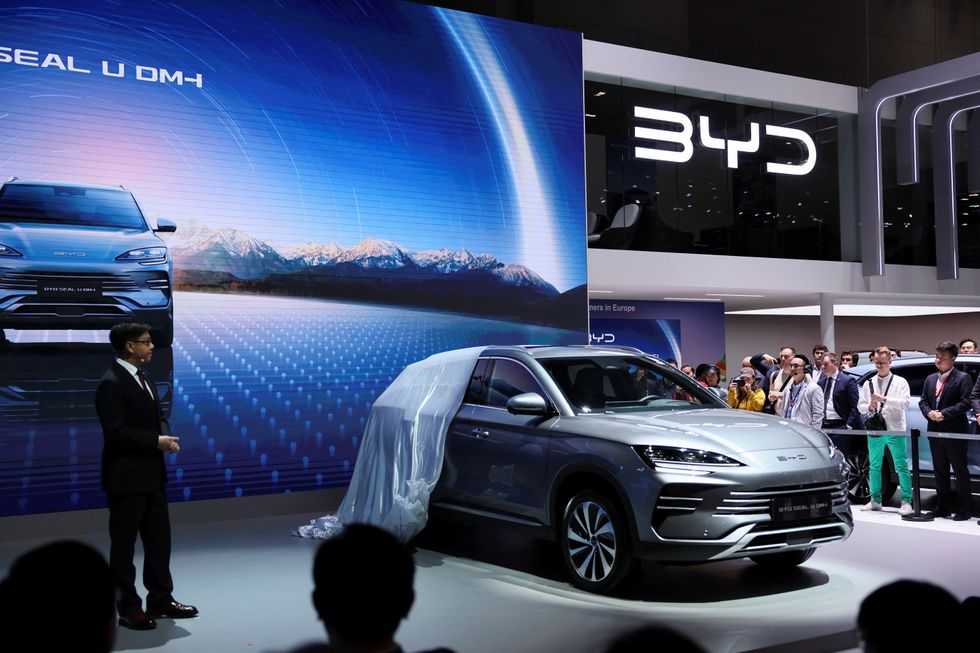
BYD is one of the world's most popular electric car manufacturers
The European Commission also announced that it would apply tariffs to Tesla as an exporter from China, which is currently levied at nine per cent.
Companies impacted by the changes have the possibility to request hearings with the Commission services as soon as possible to review the tariffs.
It adds that any potential measures will be in force for five years, extendable upon "substantiated request and subsequent review".
This is the latest move from the European Commission to crack down on Chinese manufacturers over fears they could "flood" the market with cheaper electric vehicles given the lower production costs.
Some industry experts were surprised to see Tesla also slapped with tariffs as a result of its Gigafactory Shanghai manufacturing plant which is wholly owned by the company rather than as a joint venture with a Chinese company.
The European Commission clarified that Tesla received an individual duty rate following an individual examination of the Shanghai Gigafactory.
It clarified that it received a different rate compared to other brands given the level of cooperation and the different organisational structures in areas like financing.
According to Reuters, China's commerce ministry said it was "firmly opposed to and highly concerned" about the findings and the tariffs.
China also vowed to review its own tariff levels to protect Chinese companies as it battles against massive tariffs from the European Union and the United States.
In May, the White House announced that a new bill would see Chinese electric car brands would face a 100 per cent border tax after President Biden warned they could "kill" the US car industry.
This represented a significant rise from 25 per cent to 100 per cent on imported electric cars, as well as levies on solar cells and certain steel and aluminium products.
One Chinese brand in particular, BYD, has been in talks with governments around the world to set up manufacturing bases to avoid tariffs, including in Mexico and the confirmation of a $1billion (£767million) deal to establish a plant in Turkey.
LATEST DEVELOPMENTS:
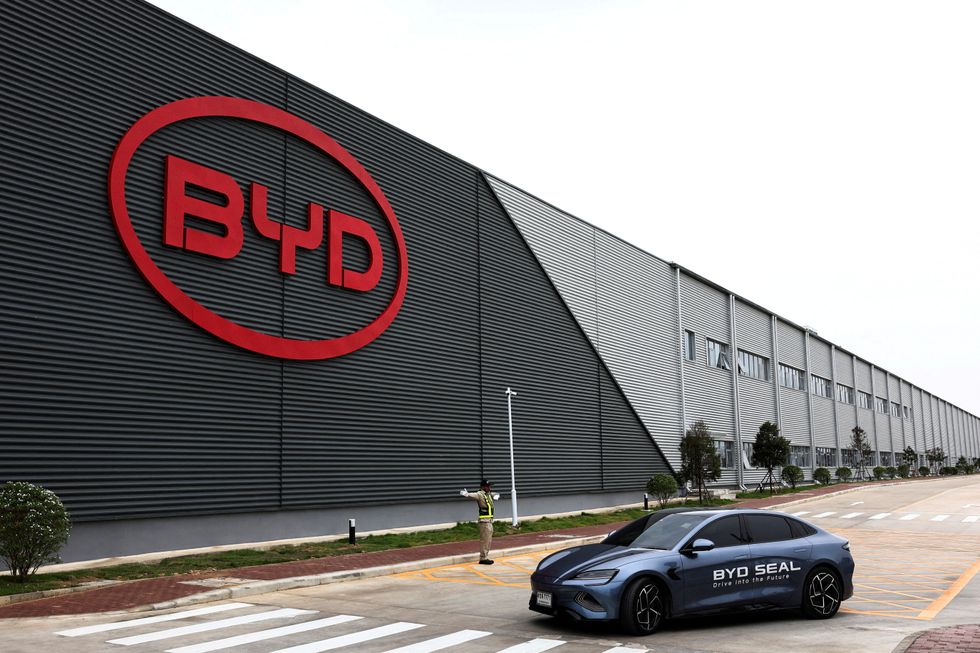
BYD will establish an EV production plant in Turkey by 2026
|REUTERS
Estimates suggest that the plant will be able to produce 150,000 vehicles a year and create 5,000 jobs, with hopes that production will start at the start of 2026.
This move should see BYD avoid tariffs imposed by the European Commission since Turkey is part of the EU's Customs Union, allowing them to export more freely to European nations.





